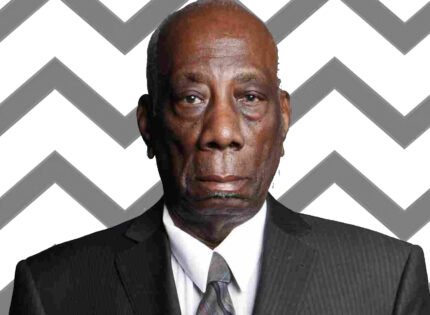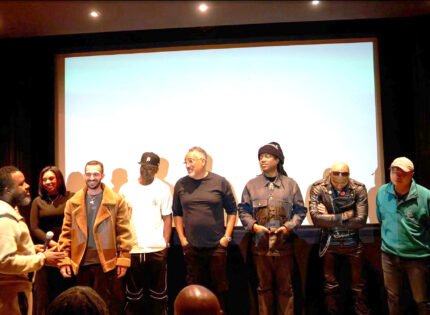Every February, Canadians dedicate a month to celebrating the rich history and vibrant contributions of Black communities. While the official recognition began in 1995, the roots of Black History Month in Canada stretch back further, intertwined with its American counterpart and the tireless efforts of Black Montrealers. The Canadian government officially recognized February as Black History Month, following a motion introduced by the first Black Canadian woman elected to Parliament, the Honorable Jean Augustine. Since then, Black History Month has become an integral part of the Canadian cultural landscape, serving as a platform to amplify the voices and experiences of Black Canadians and to foster greater understanding and inclusivity.
In the United States, the observance of Black History Month arose from “Negro History Week,” initiated by Carter G. Woodson in 1926. Aiming to address the neglect of Black history in mainstream narratives, Woodson chose February to coincide with the birthdays of Frederick Douglass and Abraham Lincoln, figures symbolizing the struggle for equality.
The city of Montreal stands out as a hub of Black culture, heritage, and activism. From its earliest days as a key destination on the Underground Railroad to the present-day community, Montreal has been home to generations of Black Canadians who have left an indelible mark on the city and the nation as a whole.
One notable figure in Montreal’s Black history is Mathieu Da Costa, believed to be the first person of African descent to set foot in what is now Canada. Da Costa, a skilled interpreter, played a crucial role in facilitating communication between Indigenous peoples and European explorers during the early colonial period. His contributions highlight the often-overlooked presence of Black individuals in Canada’s early history and underscore the vital role they played in shaping intercultural relations.
In the realm of arts and culture, Montreal has been a fertile ground for Black creativity and expression. Writers such as Dorothy Williams and playwrights like Lorena Gale shed light on the nuanced experiences of Black Canadians. Through literature, music, theater, and visual arts, Black Montrealers have enriched the cultural tapestry of the city and beyond, challenging stereotypes and forging new narratives of identity and belonging. The city’s jazz scene, in particular, has flourished thanks to the pioneering efforts of musicians like Oliver Jones and Oscar Peterson, who helped put Montreal on the map as a destination for jazz enthusiasts worldwide. Their enduring influence continues to inspire aspiring artists and musicians from diverse backgrounds.
Moreover, Montreal has been a hotbed of activism and advocacy, with Black Montrealers at the forefront of movements for social justice and equality. Figures like Dorothy Williams, a trailblazing educator and community leader, and Marlene Jennings, a former Member of Parliament, have dedicated their lives to challenging systemic racism and advocating for marginalized communities. Their tireless efforts have paved the way for greater representation and inclusivity in Canadian society.
From the early efforts of Montrealers like Da Costa, Hill, Williams, Jennings, and Sadlier to the ongoing work of countless others, Black Canadians have played a crucial role in shaping this important month of recognition.
An Exploration of Black History Month in Canada
















